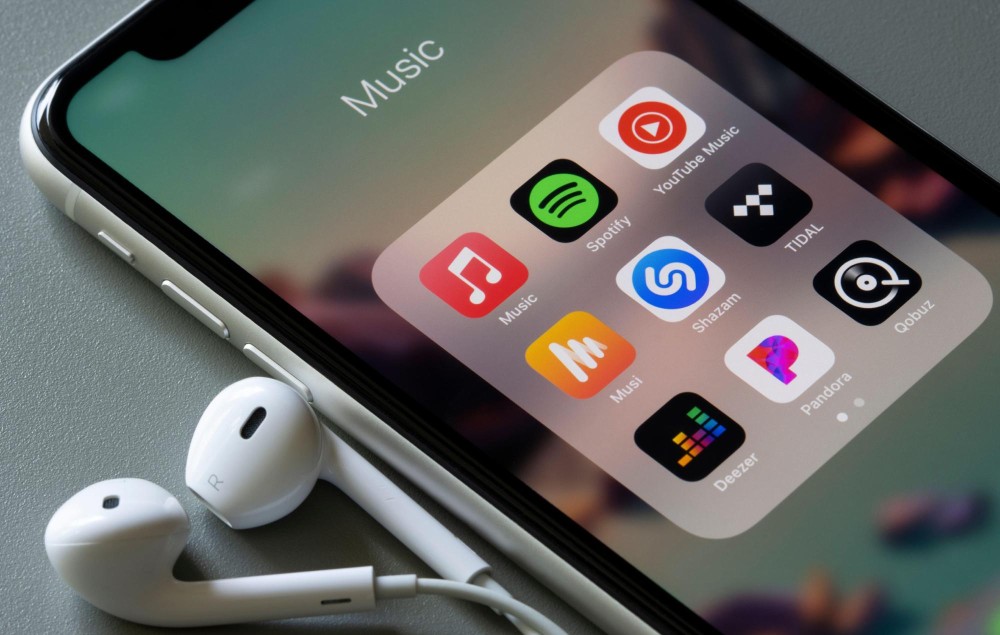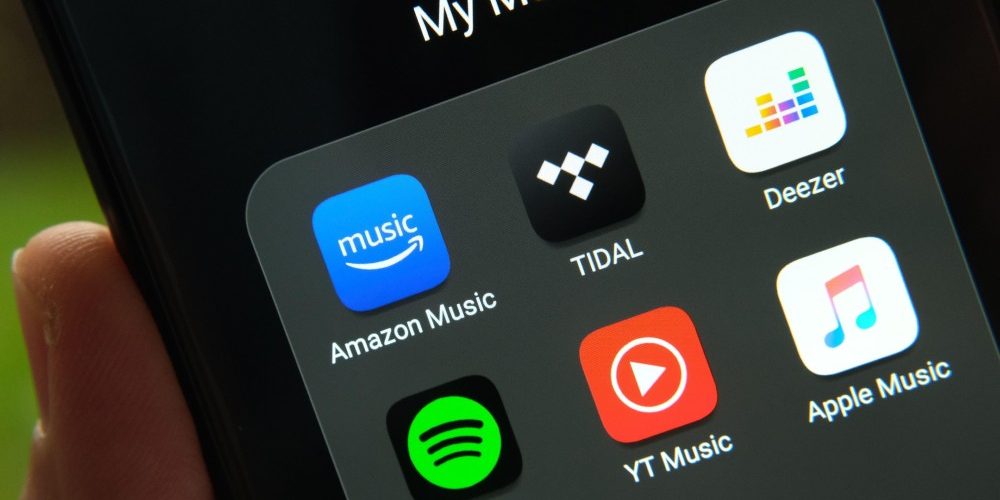Streaming services propose “lowest royalty rates in history” for songwriters
Several major streaming services have proposed the “lowest royalty rates in history” ahead of a royalty rates review in the US.
That’s according to David Israelite, president/CEO of the National Music Publishers Association (NMPA), who said that music streamers including Spotify, Apple, Amazon, Pandora and Google have petitioned for the lowest royalties to date for 2023-2027.
His comments to Music Business Worldwide (MBV) last week (October 14) preceded filings to the US Copyright Royalty Board (CRB), which sets the mechanical royalty rates paid by streaming services to songwriters and publishers. Under the US’ Copyright Act, Copyright Royalty Judges are required to conduct proceedings every five years to set new rates.
The current proceedings, for the Determination of Rates and Terms for Making and Distributing Phonorecords (Phonorecords IV) – also referred to as CRB IV – are organised to set songwriter streaming royalties for the period 2023-2027.

Israelite has claimed that streamers have put forward the “lowest royalty rates in history”, saying that he was disappointed to learn of the apparent proposals but wasn’t shocked.
“It is disappointing, but not surprising, given how they have treated songwriters over the years, including their continued assault on the rate victory that was achieved in 2018 which they are still appealing four years later,” he told MBW.
“We will be fighting to raise significantly what streaming services pay songwriters, and we will now see with full transparency to what degree Spotify, Amazon, Apple, YouTube and Pandora are trying to cut what little they currently pay.
“Songwriters should all take note of what these giant technology companies propose – their proposals prove how much, or how little, they truly value the creators they rely on.”
The filings and their contents haven’t been made public yet.
Digital Media Association (DiMA), which represents Spotify, Apple Music, Amazon, YouTube and Pandora, issued a statement after the filings.
Garrett Levin, President and CEO of DiMA, said: “The headlines each and every day
demonstrate how much streaming and streaming services continue to drive ever-growing
revenues for publishers and performing rights organisations, massive investments in publishing catalogs, and innovative tools and features that connect songwriters to fans in ways never possible before.
“This CRB proceeding, like any other, does not happen in a vacuum. ‘Mechanical’ licensing is just one of the multiple, necessary licenses for streaming services within a single segment of publisher and songwriter revenue streams. And that itself is one segment of the complete digital music economy.
“The current proceeding comes at a time of sky-high valuations for all forms of music rights, more creators delivering more music to fans at the push of a button, and an increasingly vocal conversation throughout the world about the most equitable allocation of streaming royalties between recordings and songs. That is the broader lens through which this proceeding – and the interconnected nature of today’s music industry – should be considered.”
Smaller streaming services including Audiomack, Power Music and Classical Archives will also be affected by the changes in royalty rates.
Elsewhere, in the UK, the nation’s competition watchdog has announced a market study into the music streaming market to ascertain and ensure that it’s competitive.
It’s being launched to examine whether services give a fair deal to users, and comes after dramatic changes over the past decade in the way music is consumed.
Earlier this year, artists spoke to NME about the need for a fundamental “shift in the way that business is done” to make payments fairer for musicians.
